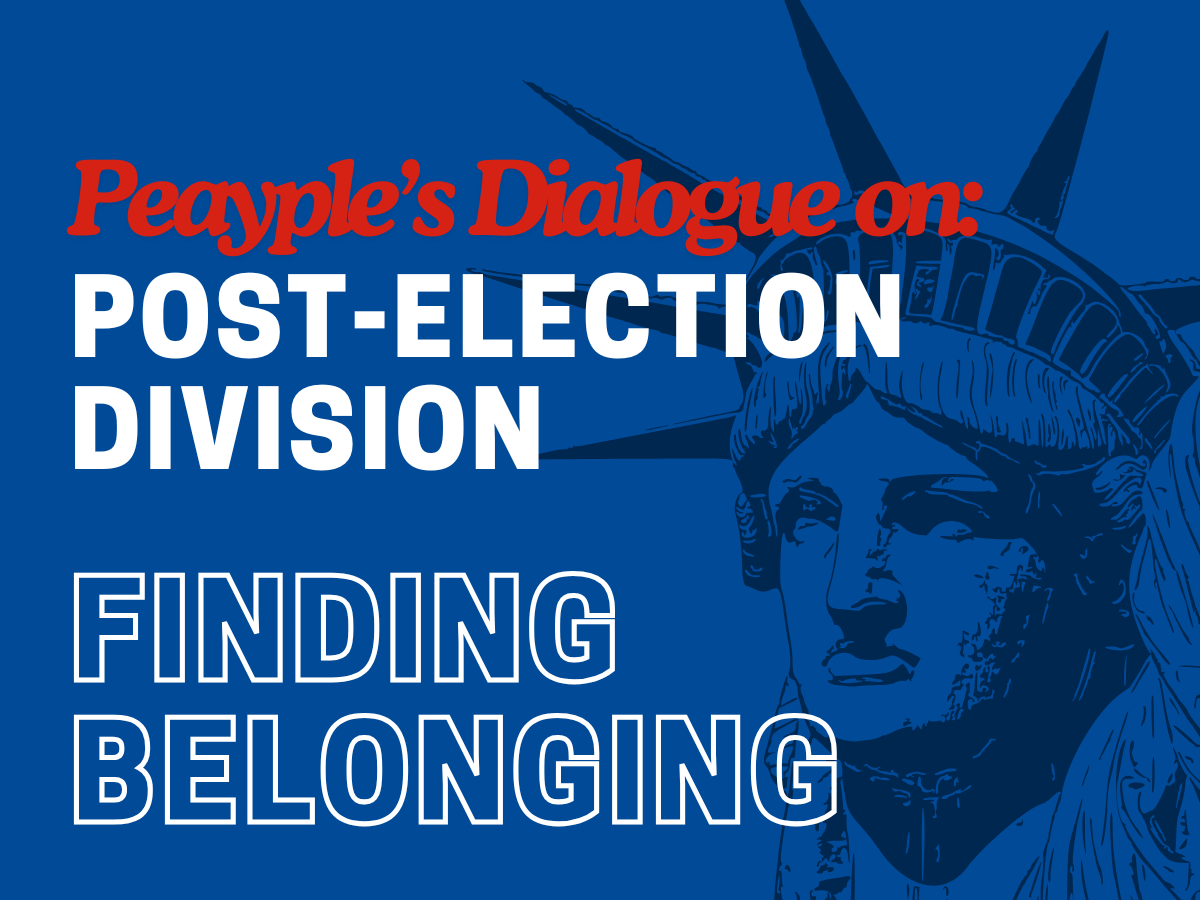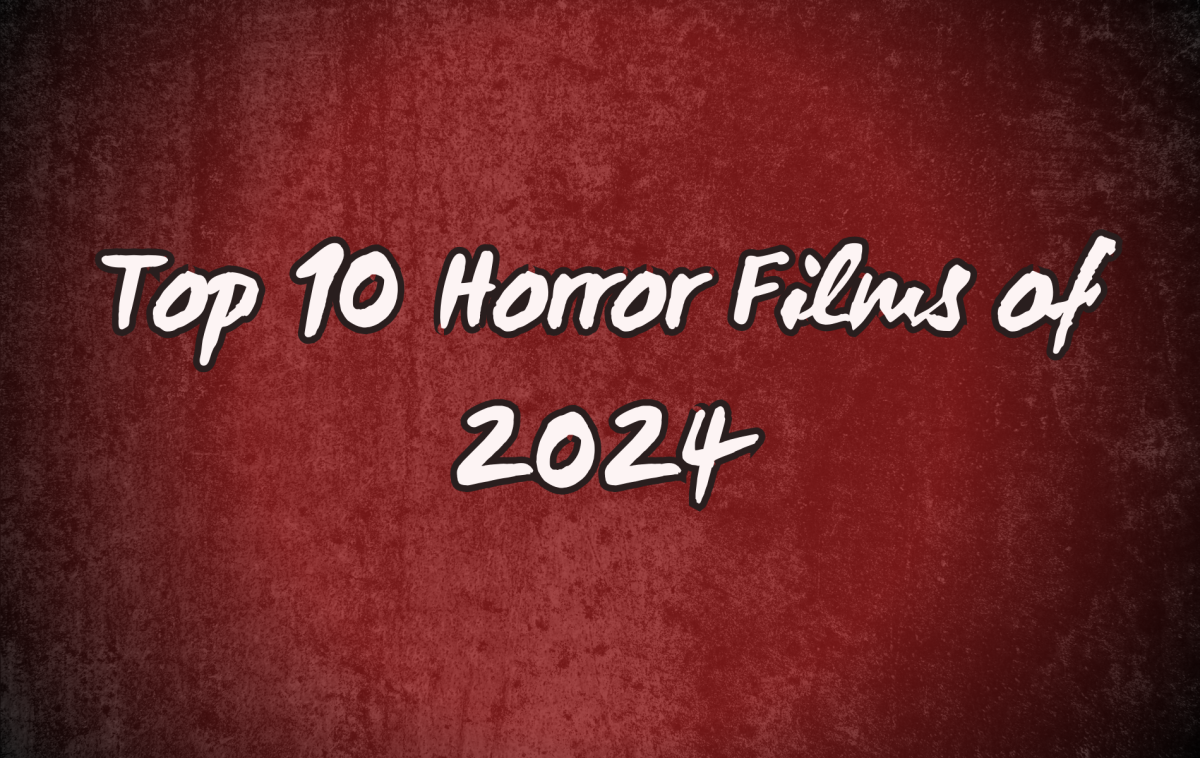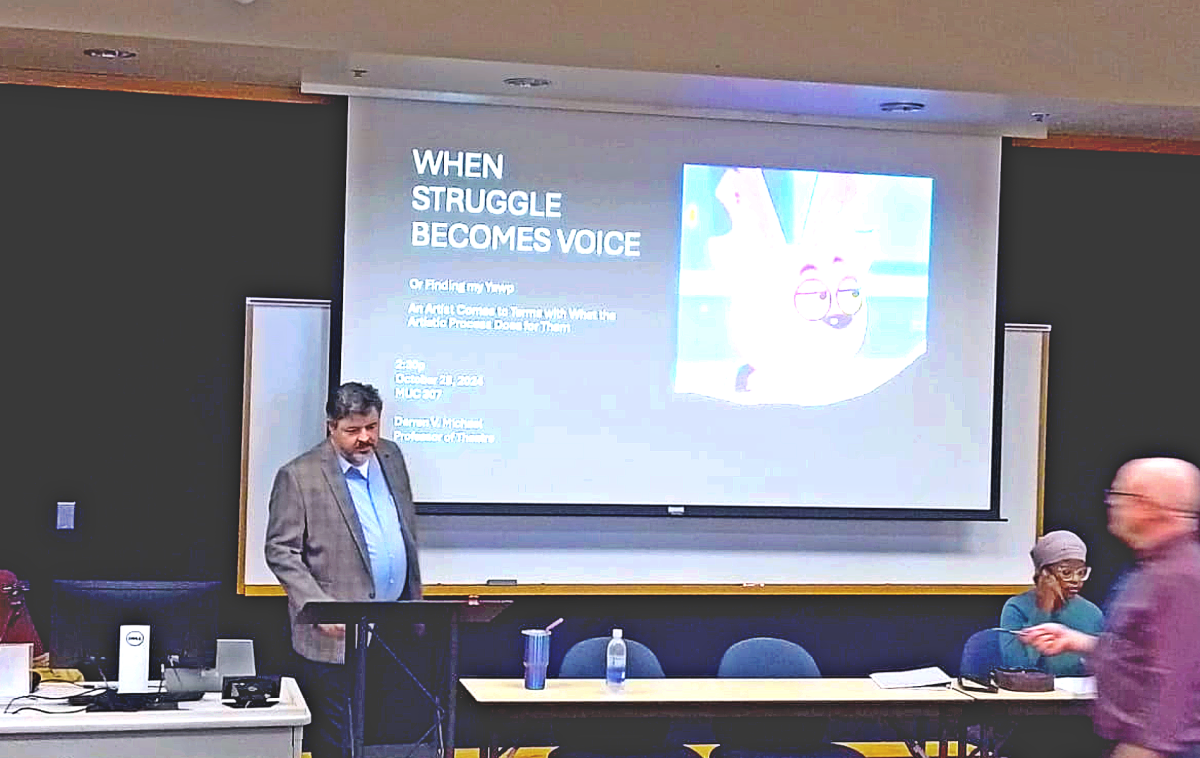Marvel Studios has been cranking out box office heavy hitters since its inception. Each film feeds into one another like a puzzle and ultimately has been leading to the major showdown featuring Thanos in “Avengers: Infinity War.”
“Black Panther” is very different than its other marvel counterparts. It has been long overdue for a film to not only embrace diversity and representation – it is a film that has something to say. It is a film that is transcendent and not just about being a hero; it discusses what truly makes a hero.
The film follows main character Prince T’Challa, played by Chadwick Boseman, who, after the events in “Captain America: Civil War,” returns to his home country Wakanda to take his rightful place as king. Wakanda is a technologically advanced country because of vibranium, a rare substance exclusively found in Wakanda.
The nation was believed to be an area that is struggling and desolute, but is instead hiding its advancements from the rest of the world with the help of a force field.
Although Wakanda is hidden from the world, an arms dealer named Ulysses Klaue played by Andy Serkis, knows of the country’s wealth, and with the help of Erik Killmonger, played by Michael B. Jordan, they secure vibranium to sell. T’Challa creates a team to look into what Klaue truly wants to do with the vibranium but ends up in an intense battle within himself and for the sacred throne of Wakanda itself.
T’Challa, still recovering from events from his past, is torn multiple ways. On one hand, he seeks to become the king his father would have wanted and uphold Wakandan culture. On the other hand, he realizes there may be a need to reexamination of the traditions he has grown so accustomed to if he truly wants to become the king he aspires to be.
T’Challa is accompanied by the strongest and smartest women in Wakanda to support him throughout the story, which was phenomenal and a needed shift from the other Marvel movies. Danai Gurira unleashes ferocity upon enemies as the head of the Wakandan army,Okoye, while Lupita Nyong’o plays Nakia, a butt-kicking spy who also serves as T’Challa’s love interest.
However, Shuri, played by Letitia Wright, steals the screen as T’Challa’s witty younger sister. Shuri is a technological genius who created the way the country itself mined the vibranium. Additionally, she spent time building top-of-the-line weapons for the army and for Black Panther. It was truly remarkable to see women take the lead and fight for something they love which gets lost in many of these films. It was also beautiful to see a woman of color in STEM which is extremely rare.
Even though the women shined bright in the film, the performance who truly stole the show was Killmonger. Instead of the typical villain you see from Marvel, Killmonger was surprisingly more human than most. Bringing his anger and grief to the forefront, he also remained true to himself and made it known what he wanted from the beginning. Instead of being a maniacal madman, Killmonger’s character was deeper than that, and it made him more relateable. He was a villain because of anguish, fighting a hero still grieving and figuring out himself.
Not only did Marvel get the casting right, it managed to create an entire country. In the past, Marvel has created universes, some planets and environments, but not an entire country. They brought this place to life as if we were implanted there while all of this was happening. It was full of rich African traditions and cultures that have not ever reached the big screen, unless it was accompanied by a sad Sara McLachalan song.
I praise this film for not shying away from issues plaguing the world today. They took these crises and placed them on a thematic stage and did not offer an easy way to resolve them. Through the characters in “Black Panther,” there are opposing points of view: T’Challa’s initital thought is to protect Wakanda by not interfering in international affairs. Others, like Killmonger, wanted to use the technological advances to fight the world back for the years of injustices. With neither option being feasible, the only true answer “Black Panther” offers is through education and better global leadership we can all become unified.
T’Challa says it best: “More connects us than separates us — but in times of crisis, the wise build bridges while the foolish build barriers. We must find a way to look after one another as if we were one tribe.”







